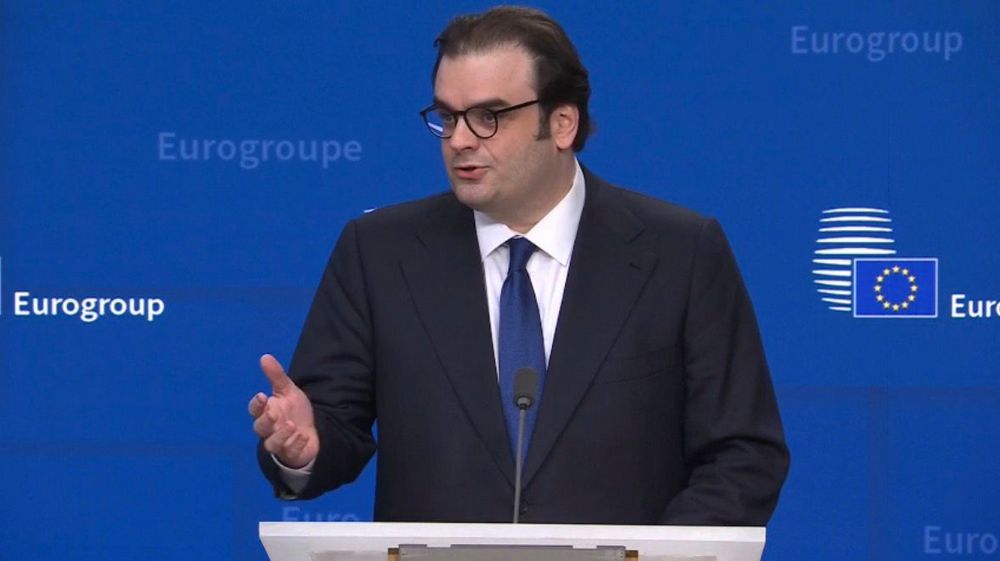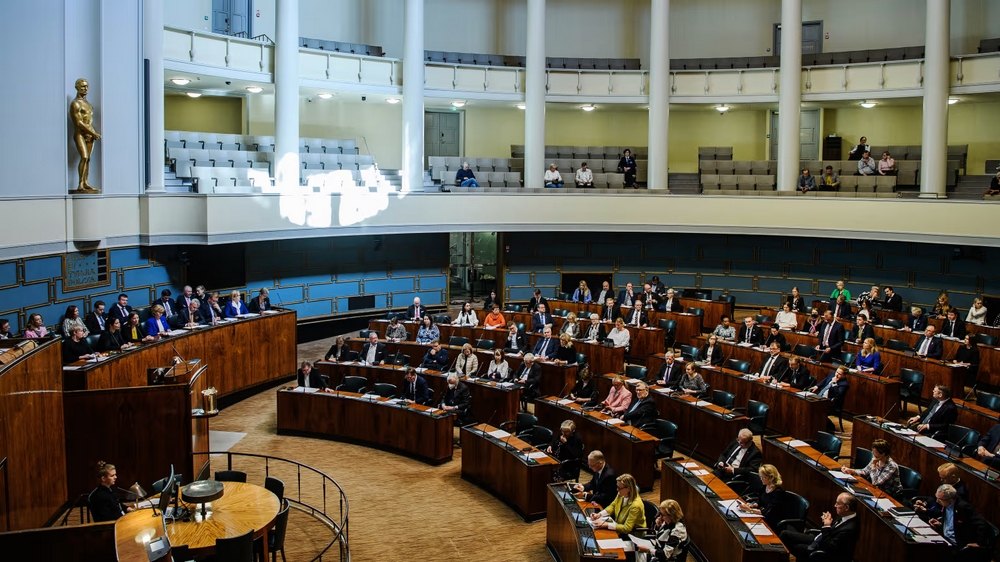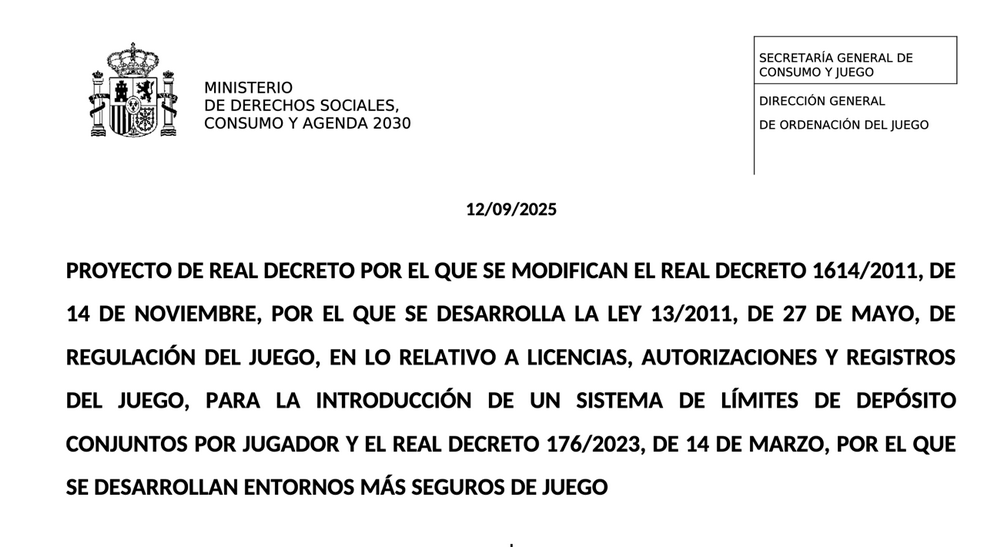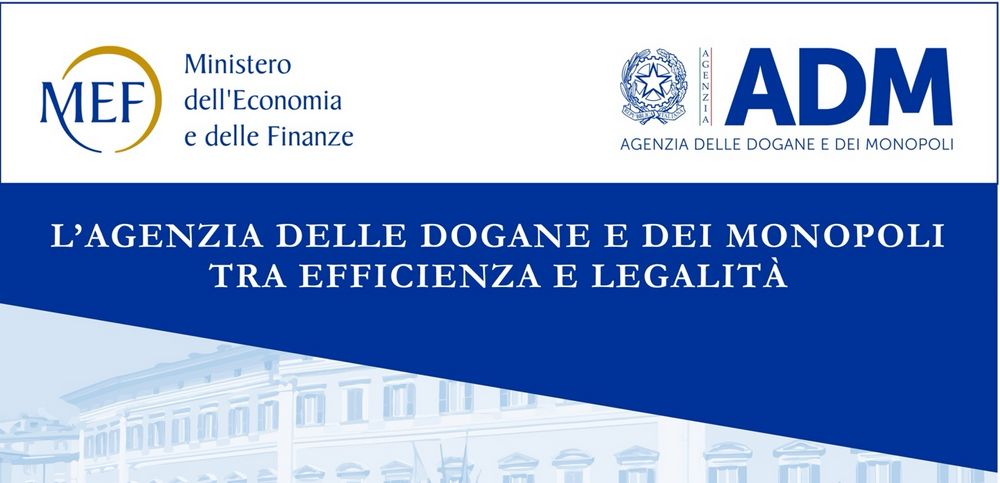Bulgaria’s government is rolling the dice once again—this time with a controversial new draft online gambling law aimed at tightening player protection. But the industry is calling foul, warning that current proposals could push users toward the black market and threaten operator viability.
Bulgaria’s draft legislation on online gambling has sent shockwaves through the European betting industry. Touted as a player protection initiative, the new bill proposes strict daily time and loss limits, igniting fierce backlash from operators and legal experts who warn of unintended consequences—including a surge in black-market activity.
Under the proposed law, adults would be limited to four hours of online gambling per day, while players under 24 could play for only two. Moreover, players would be automatically logged out upon reaching a daily financial loss threshold, calculated based on their age and national average salary.

The Bulgarian Ministry of Finance, along with the National Revenue Agency and Ministry of Health, argue the move is a public health measure. However, critics claim the rules are technically unfeasible, overly paternalistic, and likely to erode consumer freedoms. Industry voices argue the bill fails to address real problem gambling behaviors and instead targets general users.

Operators have highlighted a critical flaw: users could simply re-register or log back in, bypassing the very limits meant to protect them. Others criticize the proposed maximum daily betting cap, set at 20 times the national monthly wage, calling it arbitrary and potentially damaging to consumer engagement.
Bulgaria changes gambling rules, gambling halls, casinos, and advertising.
Leading figures in Bulgaria’s gaming sector are calling for a centralized monitoring system to track player activity across platforms, warning that without it, the law will be unenforceable and may lead to mass player migration to unlicensed sites.
The real jackpot? Bulgaria’s euro bid is a bet against black-market gambling
The draft bill is currently open for public consultation and is expected to be debated in Parliament by the end of the summer. Bulgaria now stands at a crossroads—its next move could either set a new European benchmark or become a cautionary tale of overregulation.








































